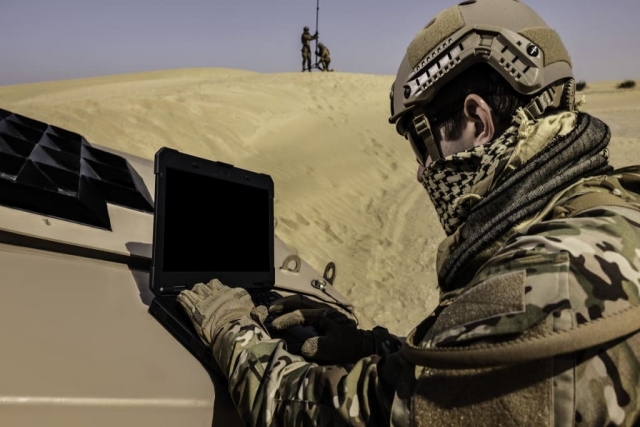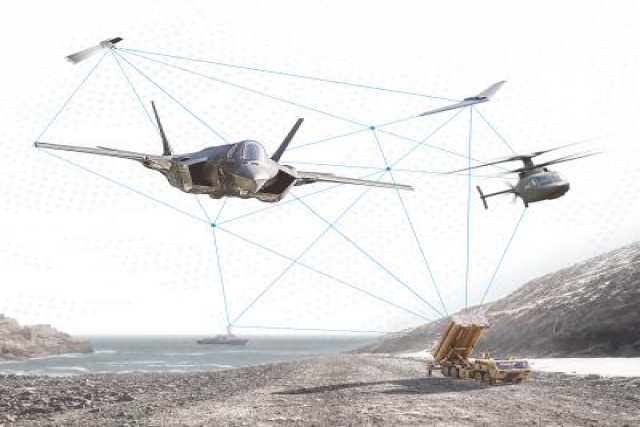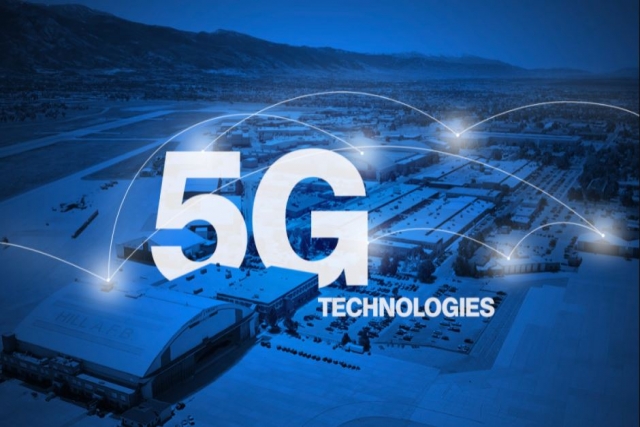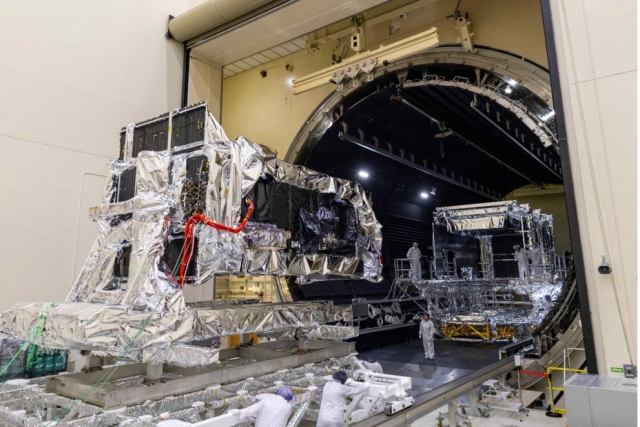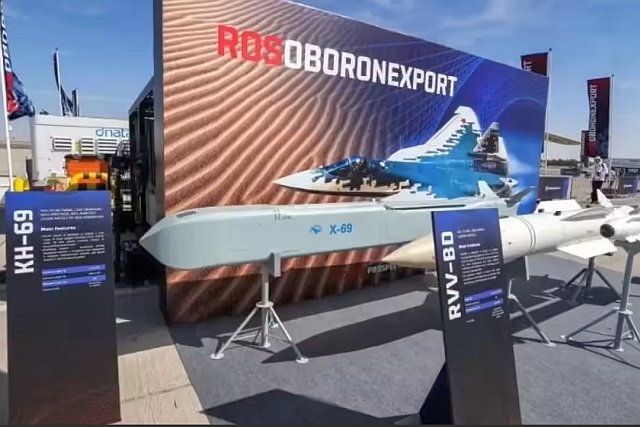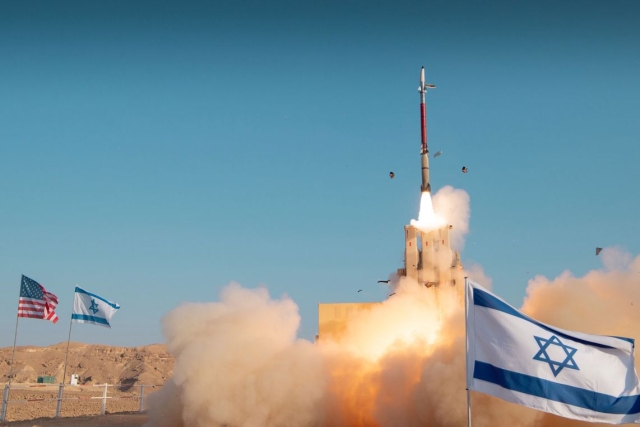5G-enabled Drones Capture Surveillance Data in Lockheed Martin, Verizon Test
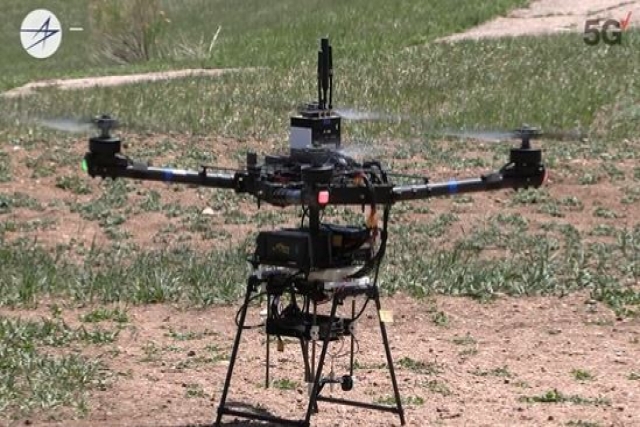
Lockheed Martin and Verizon recently flew 5G-enabled rotary wing drones to capture and securely transfer high-speed, real-time intelligence, surveillance and reconnaissance (ISR) data from aircraft in flight to geolocate military targets.
The companies demonstrated two key advances in technology that can provide critical applications for the Department of Defense (DOD):
First, real-time ISR radio frequency (RF) and streaming video data was transmitted over 5G millimeter wave links to allow advanced signal processing algorithms to be executed at the tactical edge. The data was displayed in a livestream video feed. This capability will provide enhanced levels of situational awareness and command & control (C2) for commanders and service members in the field.
Second, the technology passively detected and geolocated RF signals that could be used for communications, sensing, or jamming. This will enable the DOD to detect and target adversarial assets in a military environment.
Details:
The four drones flew coordinated ISR missions while linked to two Verizon On Site Private Network nodes – the technology that enabled the secure transfer of ISR data. The test occurred at Lockheed Martin’s 5G test range in Waterton, Colorado.
Lockheed Martin and Verizon moved the data captured by the drones between a 5G private network and a surrogate public network. The ability to use both private and public 5G networks is key – it will extend the reach of 5G.MIL technology to a range of military environments where commercial networks may not be available or appropriate.
The drones successfully located a target in the field that was transmitting a low power RF signal. The signal was detected because real-time drone sensing data was transmitted over a private Verizon high-speed, low-latency 5G Ultra Wideband network and then processed by advanced signal processing algorithms running on edge compute resources, enabling geolocation of the signal source.
What’s next?
Future demonstrations between Verizon and Lockheed Martin are expected to expand ISR test scenarios to include precision geolocation of moving RF emitters. The companies plan to extend public-private network collaboration securely using 5G.MIL hybrid networks with military data links.

